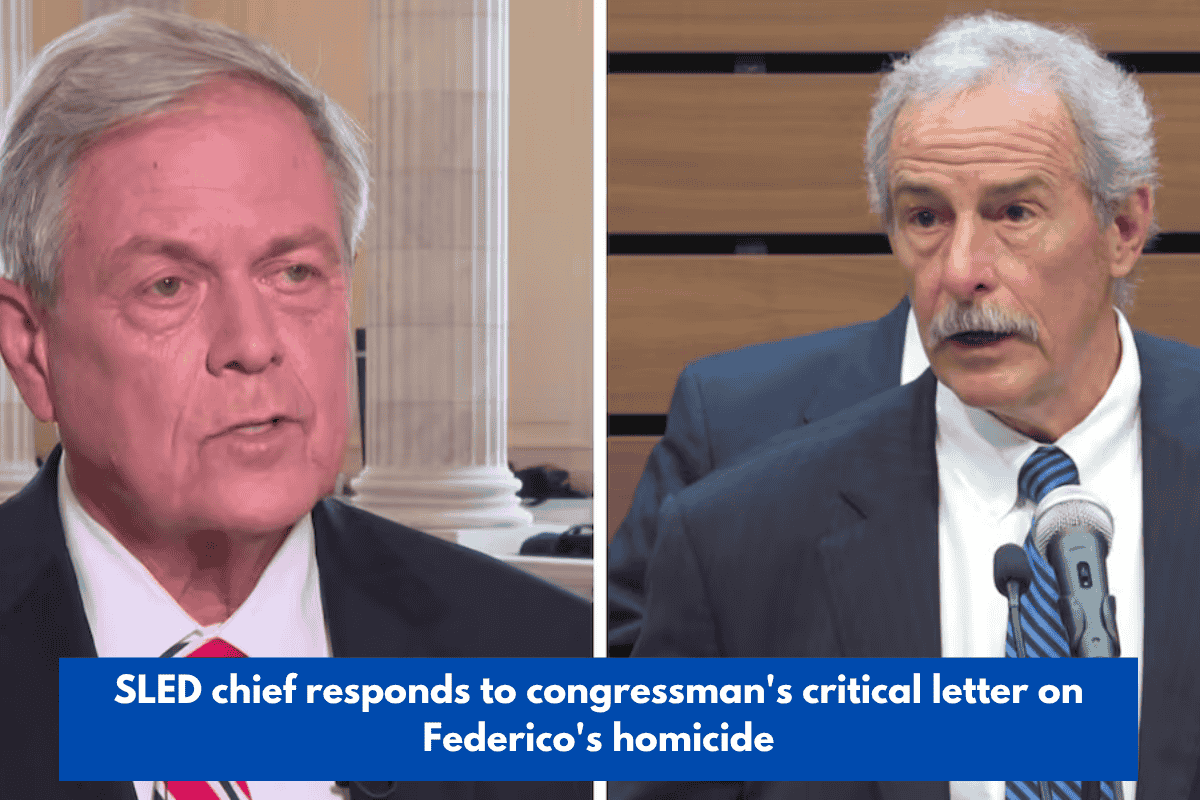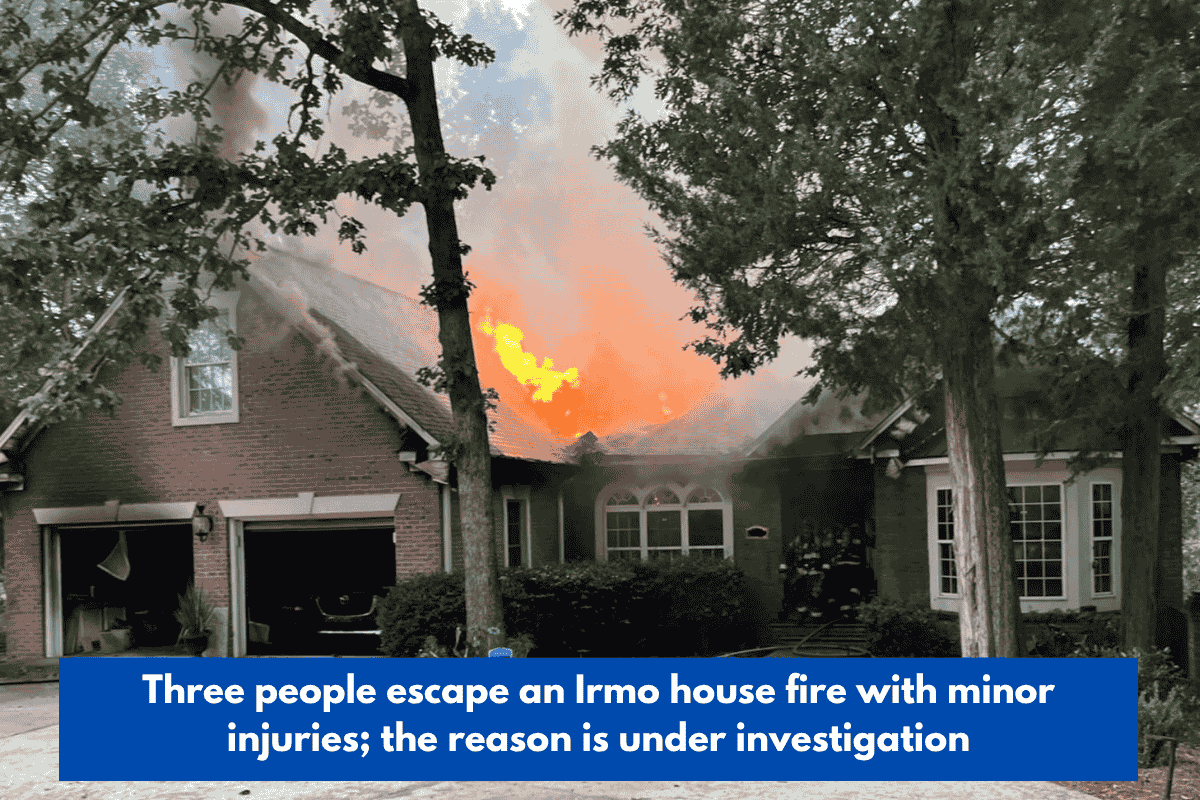A three-judge panel at the 2nd U.S. Circuit Court of Appeals has denied President Donald Trump’s recent attempt to substitute the U.S. Department of Justice (DOJ) for himself in his ongoing effort to challenge the $83 million defamation judgment awarded to E. Jean Carroll. This decision comes just days before oral arguments are set for June 24, 2025. The panel, consisting of Senior U.S. Circuit Judge Denny Chin, and U.S. Circuit Judges Sarah Merriam and Maria Araújo Kahn, dismissed Trump’s motion to invoke the Westfall Act, which would have shielded him from the defamation claims.
The Westfall Act Controversy
The Westfall Act allows federal employees to be substituted as defendants in lawsuits involving tort claims, such as defamation, if they were acting within the scope of their official duties. Trump had previously argued that his statements about E. Jean Carroll — denying her rape accusation and labeling it a politically motivated hoax — were made while he was performing his duties as president. Therefore, he claimed that the government should take responsibility for defending him in court.
However, the Biden administration reversed its stance on the Westfall Act, rejecting the argument that Trump’s comments were made within the scope of his presidential duties. This shift has led to significant legal battles, with Trump losing a $5 million civil lawsuit in 2023, where a jury found him liable for sexual abuse and defamation. Additionally, Trump was ordered to pay $83 million in 2024 after another jury found him guilty of defamation related to his statements about Carroll.
The Denial and What’s Next
The judges have not yet provided their detailed reasoning for denying Trump’s motion to invoke the Westfall Act. According to a one-page order issued by the court, the panel rejected Trump’s motion to have the DOJ substitute as the defendant in the defamation case. The court has indicated that it will issue a more detailed opinion at a later time.
This ruling marks the latest setback for Trump in his ongoing legal battles with Carroll. In recent months, he has faced multiple adverse rulings, including the denial of an en banc rehearing in his appeal of the $5 million defamation judgment. The court dismissed his claims that the trial had unfairly prevented him from exploring whether Carroll’s accusations were politically motivated, particularly pointing to the Democratic Party’s potential influence on the case.
The Westfall Act Debate and Its Timing
Trump’s team first sought to invoke the Westfall Act back in 2020, just before the presidential election, arguing that his actions as president shielded him from Carroll’s defamation claims. However, Carroll’s legal team has countered that Trump forfeited his right to invoke the Westfall Act by waiting too long to file his petition. They argue that Trump, at the time represented by his private lawyer Alina Habba, missed the opportunity to raise this defense early in the case.
Carroll’s team claims that Trump intentionally avoided raising the issue, opting instead to pursue different legal strategies. Trump’s efforts to secure presidential immunity were rejected by the court in December 2023, further complicating his defense in the ongoing litigation.
Looking Ahead
With the latest ruling, Trump’s attempt to have the DOJ take over his legal defense in the defamation cases has been blocked, meaning the former president will continue to fight these charges personally. The upcoming oral arguments on June 24 will be a crucial moment in the case, with the legal teams set to argue the specifics of Trump’s appeal against the $83 million judgment.
As the case moves forward, it remains to be seen how the court will handle the remaining legal questions, especially as Trump’s defense team continues to grapple with the implications of the Westfall Act and the lack of a clear motive for the defamation. The panel’s final opinion, once issued, will shed more light on the reasoning behind their decision.














